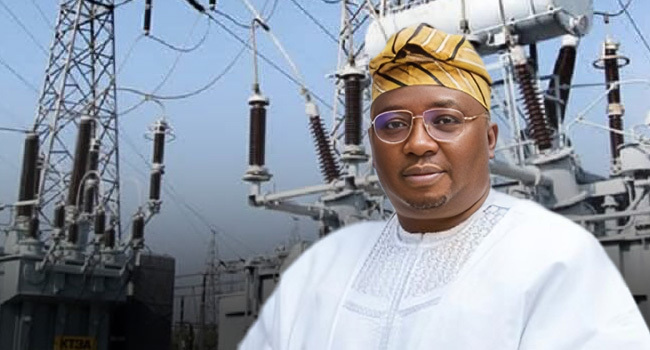FEC Approves N13 Billion Compensation and $34 Million Transformers Procurement for Power Sector Reform
Nigeria’s national energy grid will be strengthened and the country’s power sector issues will be addressed thanks to four important reforms that the Federal Executive Council (FEC) has adopted.
As part of the government’s increased efforts to update transmission infrastructure, increase supply reliability, and satisfy the growing demand for power across the country, the clearance was made public on Wednesday.
The announcement was reportedly made by Adebayo Adelabu, the Minister of Power, following the FEC meeting, which was chaired by President Bola Tinubu.
The ₦13 billion compensation payment for the Lagos Industrial Transmission Project was the first significant clearance.
The goal of this project is to update the transmission infrastructure in Lagos and the industrial centers nearby.
The project aims to improve electricity supply to important industrial clusters in Lagos and is financed by a $238 million development credit from the Japan International Cooperation Agency (JICA), according to Adelabu.
“This money provides compensation to communities and property owners impacted by the transmission lines’ path,” Adelabu stated.
“The Lagos Industrial Transmission Project will guarantee that our industrial estates have the committed, reliable power they require to spur economic growth and job creation once it is finished.”
New High-Capacity National Grid Transformers
Along with the compensation approval, the FEC also approved three further measures aimed at enhancing Nigeria’s infrastructure for power supply.
In order to replace the outdated, overburdened, and weak transformers that are now on the national grid, high-capacity transformers will be purchased and installed.
For related expenses, ₦5.2 billion will be added to the $34 million purchase price. In the package are:
Two transformer units, each 150MVA, 330/132kV
Three transformers, each measuring 100MVA and 132/33kV
Five 60MVA, 132/33kV transformer units
Two sets of transformers with 30MVA, 132/33kV
To alleviate overcrowded facilities, enhance voltage stability, and handle the additional transmission capacity we are constructing, Adelabu said, these transformers will be positioned strategically throughout the grid.
In his description of Nigeria’s national grid, the minister pointed out that many of its parts—such as cables and transformers—had been in use for more than 50 years and were already functioning past their designed lifespan.
Adelabu said, “A lot of the transformers, cables, and associated parts are weak and prone to failure.”
“To create a stable, dependable, and efficient grid that serves the needs of homes, workplaces, small enterprises, and industries, regular maintenance and prompt replacement are crucial.”
He emphasized that by improving access to energy, the Tinubu administration was able to reduce transmission bottlenecks, lessen system breakdowns, and lay the groundwork for long-term economic growth.
According to reports, Nigeria’s electricity sector problems are expected to be resolved with the recent reforms.
In addition to resolving the current grid stability issues, the improvements are anticipated to lay the groundwork for Nigeria’s long-term economic goals by providing dependable energy access for all economic sectors.
Adelabu emphasized that the government wants to make sure the electricity industry becomes a major engine of economic expansion and job creation, and that the private sector will be crucial to putting these changes into practice.

